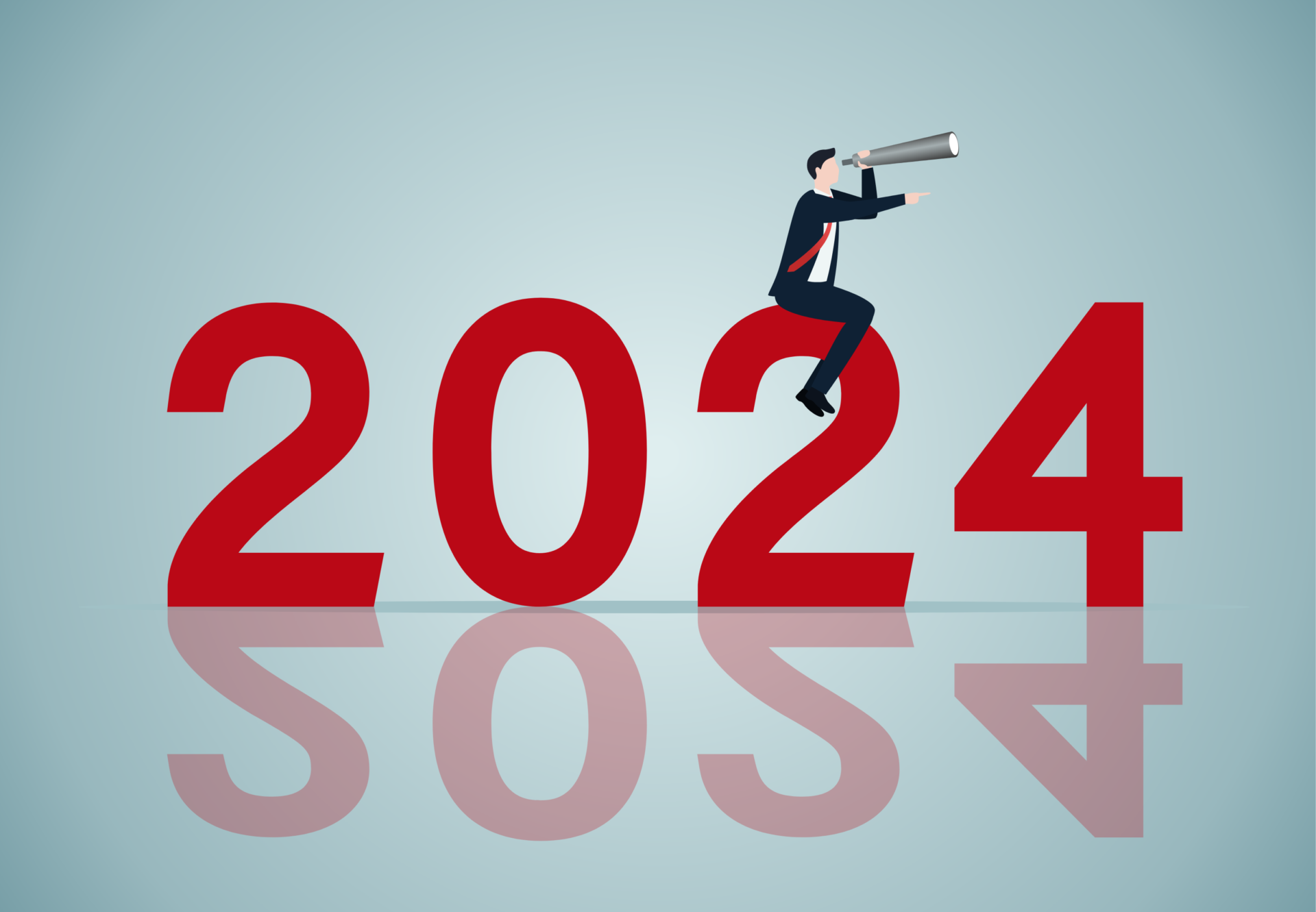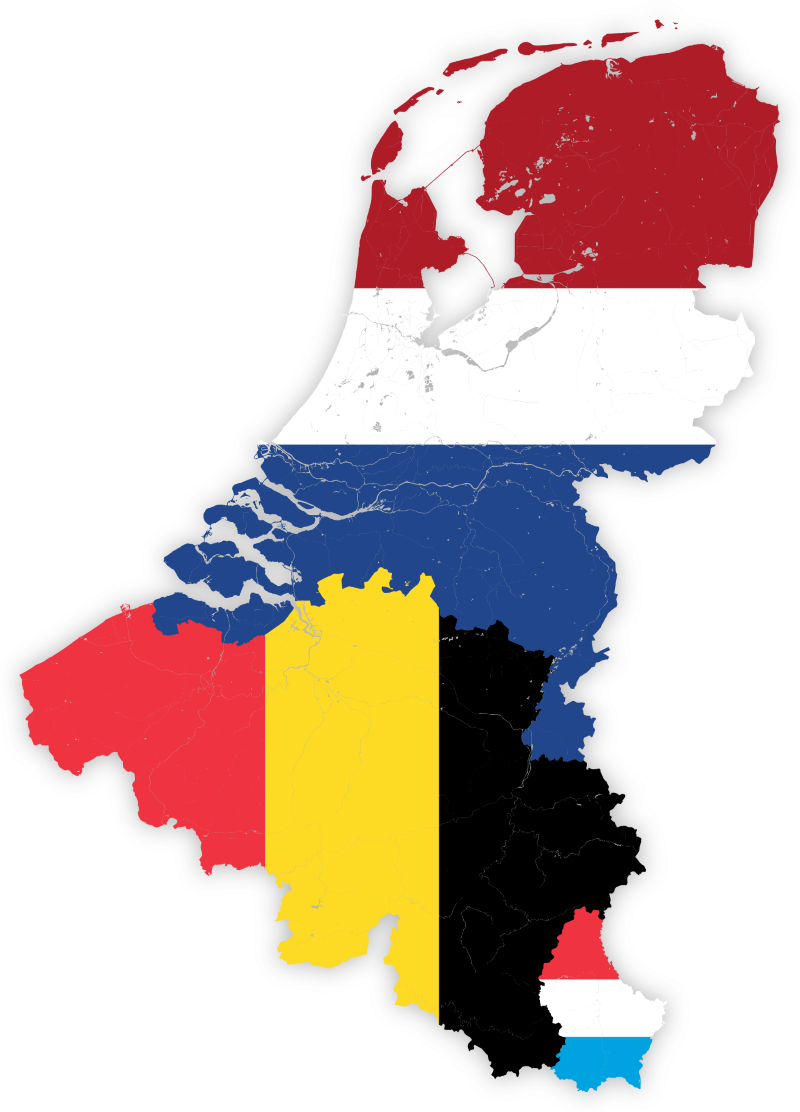WEEE: Which obligations apply for (international) online commerce?
The requirements of both the EU-directive “WEEE” (Waste of Electrical and Electronic Equipment) as well as the national implementations pose high demands for eCommerce-businesses. On the one hand, online retailers must register themselves as a manufacturer since they are considered first-distributors for their products in the export market which in fact puts them on the same level as manufacturers against the background of the jurisdiction. On the one hand, online retailers must register themselves as a manufacturer since they are considered first-distributors for their products in the export market which in fact puts them on the same level as manufacturers against the background of the jurisdiction. On the other hand, this obligation does only apply for the products sold directly to the end-consumer (b2b and b2c end-consumers). It does not apply for all products exported to retail, local branches or distributors.
Packaging: What do you need to expect?
Exporting any kind of product always means that the obligations regarding packaging material of the export-market must be considered as well. When exporting in the EU, there are two basic obligations for every online-business doing eCommerce: Registration with legal entities as well as participation with a take-back scheme in the respective country. These mandatory actions must be taken by all businesses exporting to the end-consumer but not by those selling towards other distributors or retail. End-consumers also include professional parties such as restaurants, school, garages, hospitals etc. Good to know: There are country-specific thresholds and certain requirements you still must fulfill to be entitled to receive an EPR-number. CERTIFY will help you establish an oversight and tell you what you need to know, just contact us!
Batteries: Different subject, same game.
Exporting products including batteries or batteries themselves using trade-platforms such as Amazon will make you the responsible party for fulfilling all legal requirements acc. to EPR. You must consider registration with the national authorities in the official language of the country as well as participating in a take-back scheme.
Labelling and Information for consumers!
WEEE, packaging or batteries: You will face certain information- and labelling obligations. Not complying to the national regulations will expose you to the risk of various sanctions and sales bans. Most countries have their own labelling and information requirements, and you must apply them to your products, packaging, leaflets, and website accordingly. CERTIFY always keeps track of all obligations and is happy to help you!
Conclusion: Are you in the scope of EPR?
As an online seller, it depends on whether your activity is limited to the trading role, selling to other distributors, or whether you act as a manufacturer and/or distributor yourself. As mentioned before, you automatically become a first-distributor if you import products for further trade with them. In this case, you must register yourself according to national EPR-implementations plus fulfill labelling and information obligations.
New requirements: Platforms are affected as well!
As of the numerous adaptions of national laws in the last as well as coming years, operators of trading platforms (Amazon, eBay, etc.) are required to verify proper registration of its users, so as an eCommerce business, you must expect to be asked for your respective EPR-numbers which you will only receive when complying to all national requirements. Not complying will force the platform to impose sales bans, otherwise the operator of the platform will be liable for infringements.
Fines and sanctions
If you violate the law, you may be subject to a fine, which according to the BattG can be up to 100,000 euros per offense. The VerpackG and ElektroG also provide for fines and asset seizures. In addition, a distribution ban can be ordered. If your competition becomes aware of your violation, you may be subject to a distribution ban and damages due to your unfair competitive advantage.
EPR in online retail - are there exceptions and special features?
If you supply customers via dropshipping, you are considered neither a manufacturer nor a distributor, which means that you do not have to register, nor participate in a take-back scheme. If, on the other hand, you use Amazon or another online marketplace to handle the sales process, then the requirements of the laws apply to you.
Another special feature is that materials that are a central component of the product are exempt from the legal requirements for packaging. Examples according to the German law VerpackG include toner cartridges, toolboxes, candle containers, fire extinguishers and capsules for beverage systems. Ask CERTIFY for more answers regarding exemptions!



